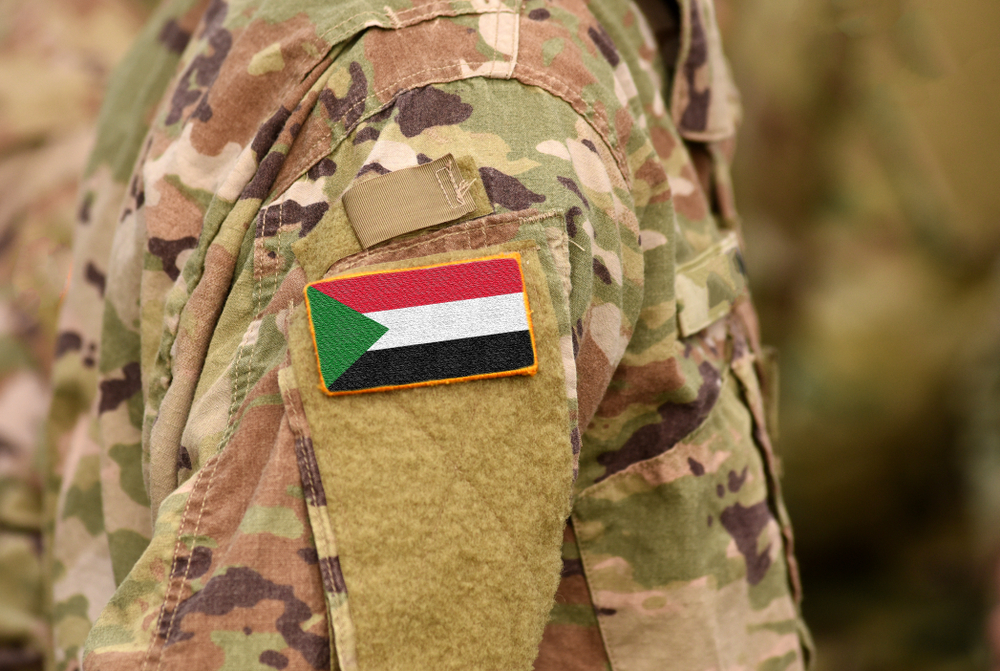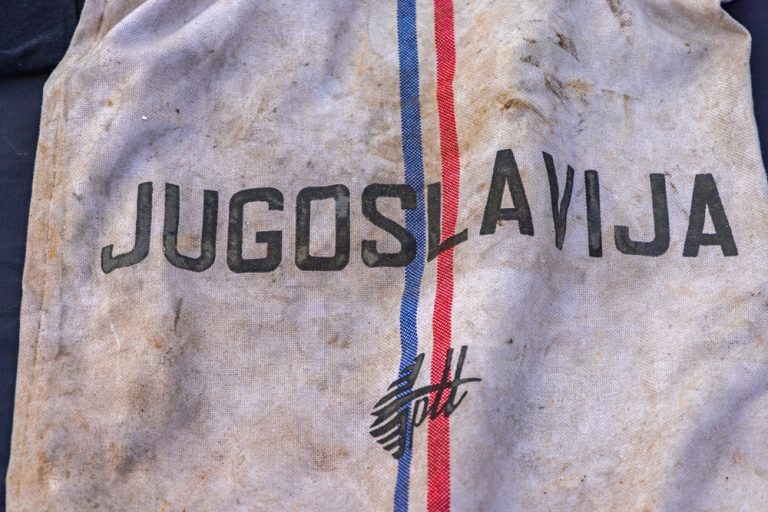
The Sudanese civil war as a mirror of changing geopolitics
On April 15, months of tension within Sudan’s military junta erupted into an open armed confrontation between its two main constituent parts. The uprising was led by the Sudanese Revolutionary Front (SRF), led by Mohamed Hamdan Daglo, Deputy Chairman of the Transitional Sovereign Council and current Vice President of the country, known by the nickname Hametti. In fact, this military unit is an independent entity made up of Arab Janjaweed militias who rose to fame during the Darfur civil war in the 2000s. It was then that Daglo earned the name and trust of the odious President Omar al-Bashir to become the man he is today. But to maintain his position, he had to declare war on Abdel Fattah al-Burhan, chairman of the same Transitional Sovereign Council, de facto president of Sudan and commander of the Sudanese army. Even at the beginning of the 21st century, Sudan remains a country where the military is not only a key political force, but also the master of much of the national economy. In this light, the main reason for the war lies on the surface and boils down to the struggle of the country’s main economic players for the remaining resources, which are dwindling by the day against the background of the unprecedented crisis that has gripped Sudan.
However, conspiracy theorists and, simply, people familiar with geopolitics, in addition to objective internal causes, immediately began to look for external forces that could provoke this confrontation. Some media began to claim the involvement on the side of one of the opposing groups of fighters from the private military company Wagner, which had long ago become a legend and ubiquitous in Africa, at least in the American and European media. But what mattered to most was the direct involvement of key world players such as China, Russia and, especially, the United States, which has always been famous for its ability to intervene in other countries with “soft” and sometimes quite brute force. The civil wars in Iraq, Afghanistan, Yemen, Libya and a number of other countries have not been without direct or indirect American participation for the last 20 years. The role of American diplomacy in the Sudanese conflict was directly described even by Foreign Policy, which reported that the civil war in Sudan was caused by U.S. attempts to integrate the SRF into the armed forces, which could not satisfy Hametti. But in reality it was only an attempt to attribute to itself, albeit negative, but special achievements. In reality, in a changing and increasingly competitive world, Washington’s ability to influence international processes has become increasingly limited. The outbreak of hostilities in Sudan is an excellent example of landmark processes in which the American role has been very minor.

To understand how the U.S. has lost influence in the region, we can look at how Sudan was heading toward this tragic moment in its history. Many call it a “conflict” or “confrontation,” but it is a full-fledged civil war, which the country has been approaching for the past 10 years. Moreover, it could last for years. It all started in 2011, when South Sudan, which had been striving for independence since the middle of the 20th century, finally achieved its goal after a nationwide referendum. And with it, Sudan lost nearly 90% of its oil fields, which had provided economic growth and relative stability in the country since the mid-1990s, even in the face of fairly harsh U.S. and UN sanctions imposed for al-Bashir’s perceived or real ties to al-Qaeda. Sudan’s foreign debt has grown to a record $60 billion over the exploitation of its oil resources, and it has become difficult to service after losing a reliable source of income. Whereas in 2011 the country’s inflation rate was 17%, which was very moderate, by 2018 it had reached 64%, and by 2020 it was already 212%. This began to impoverish the population. The only way to keep the budget was to get generous loans from Saudi Arabia, the UAE, and Qatar, which became more and more difficult to obtain each year. If in the early 2010s the al-Bashir regime displeased only a thin stratum of leftist and liberal intellectuals, by 2019 it was already hated by most Sudanese. Against the backdrop of an economic crisis that has not been overcome to this day, the country also began to experience political turmoil.
Al-Bashir’s dictatorship was no longer satisfactory not only to the masses at large, but also to the entourage of the long-time president, which already included Hametti and Al-Burhan. Amid protests over persistent deficits and rising prices, which erupted in the fall of 2018, the army and SRF staged a military coup on April 11, 2019, in which the president lost his office and the country was led by a collective Military Council. This allowed the leaders of today’s warring parties to write off past wrongdoings and problems on al-Bashir, his ministers, and his entourage, which included many members of the Muslim Brotherhood. Also, they wanted to make themselves heroes and saviors of the country in the eyes of ordinary Sudanese, but they were hindered by liberal and leftist civil parties who wanted to remove the military from power forever and saw them as the collective culprits of all troubles. This led to a long political standoff in which the U.S. and the EU relied on these civilian forces and the military received support from Saudi Arabia and the UAE.

For a while, ideas of democratic transformation were very popular with the population, and liberal leaders were seen as western-educated professionals who would quickly solve all economic difficulties and lead the Sudan to prosperity. Against this background, incessant protests forced the military to transfer some power to civilians, and in August 2019, Abdallah Hamdok, a former UN official close to American and European pressure groups, became Prime Minister. But in getting what they wanted, the Sudanese fell into the typical trap of the liberal “a cargo cult,” according to which democratic change automatically leads to multiple improvements in living standards. The reality was the opposite, the recession grew by the day, and by the end of 2021 inflation was nearly 300%, the 2nd highest in the world after Venezuela. All of this led to popular disenchantment with the democratic experiment, and at the turn of 2021 and 2022, the military retook full power stripping the civilian government of its powers. This was the end of any serious U.S. influence on events in Sudan.
That is not to say that the civil war was completely devoid of foreign influence, but these players were far from the U.S. and not even China, which had lost much of its economic interest in Sudan. Interest in the Sudanese realities has always been shown by geographically much closer states such as Saudi Arabia, the UAE, Egypt and Qatar. In addition to all of them being important Sudanese creditors who have kept the country’s economy afloat, they each have their own important attitudes. The Saudis see their influence on Sudan as a guarantee of their food security, allied here with the UAE. Qatar has always been on the heels of Saudi Arabia competing with it wherever it can. Egypt, on the other hand, has historically regarded Sudan as its territory, and has tried to build on its territory a bridgehead for its confrontation with Ethiopia. There is now much talk in the West that these neighbors of Sudan are in fact seriously fomenting conflict, but this is more a bitterness and anger at their own lost opportunities. Saudi Arabia and Egypt were probably more sympathetic to al-Burhan and the UAE more sympathetic to Hametti, a crisis in a country they already governed was clearly not to their advantage. What is clear is that the U.S. is only a spectator in this game, and can play in the deep background. This state of affairs will be repeated over and over again in new regions and in new conflicts. Sudan has become a vivid example of how conflicts take place in a new competitive world with different centers of power and influence.


Average Rating